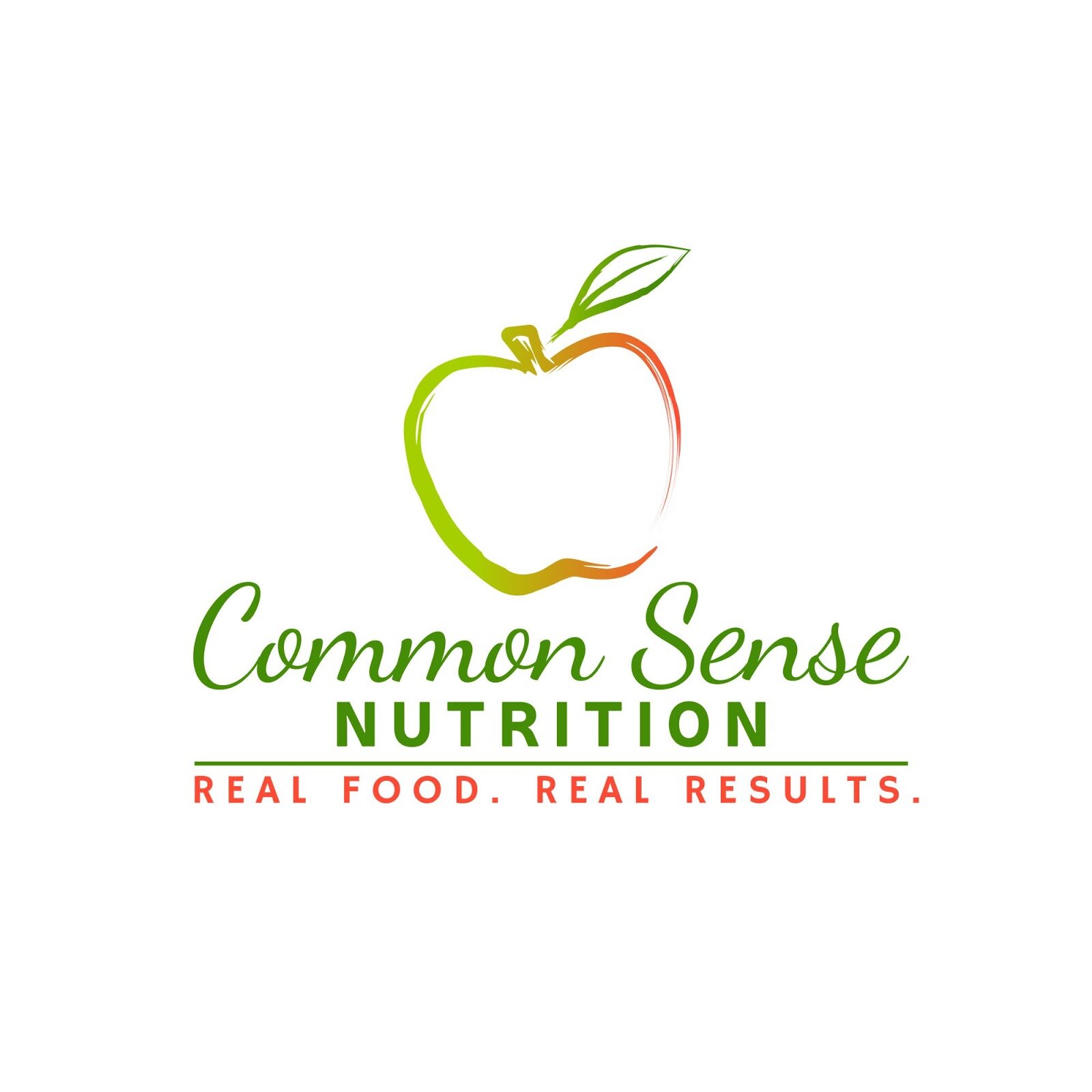Constipation Can Lead to Painful Health Problems

Constipation Can Lead to Painful Health Problems
While there is no standard definition of constipation, we all know what it is – trouble pooping! For many people, difficult or infrequent stool passage goes from being an occasional annoyance to a chronic problem. Often, chronic constipation is related to medications or diseases. Other factors include:
Low fiber consumption
Low fluid intake
Low level of physical activity
Low socioeconomic status
Being female
Being elderly (Forootan et al., 2018)
Why is constipation a common problem as we age?
Constipation is a common complaint of older individuals. This condition is closely related to the person’s quality of life. For example, a lower-income older person who has lost teeth may be forced to choose soft, low-fiber foods. Older people are also often less physically active.
Why is constipation more common for women?
It has to do with hormones! Chronic constipation is common during pregnancy due to fluctuations in hormones. It can also be a problem for the same reason in the premenopausal period. (Forootan et al., 2018)
How much fiber do we need anyway?
According to the NIH and the American Journal of Lifestyle Medicine, 95% of Americans do not get enough fiber. They recommend about 38 grams a day for men under 50 and 25-26 for women under 50. Adults over 50 require a bit less fiber, perhaps because they tend to eat less than they did when they were younger. The average American gets only 16.2 grams of fiber daily (Quagliani & Felt-Gunderson, 2016).
The Journal’s recommendation is to read the nutrition labels more carefully. Perhaps the best recommendation would be to eat more foods that don’t have nutrition labels in the first place. For example, an average-sized apple has 4-5 of fiber.
The average American eats way too much-processed foods. Processed foods are low in fiber. Over half of all Americans suffer from a chronic health condition related to poor diet (Forootan et al., 2018)
What kinds of foods work best to alleviate constipation?
Dried plums, formerly known as prunes, work better than psyllium supplementation!
Kiwis have a powerful proteolytic capacity, meaning they help break down proteins. Seniors often have trouble breaking down proteins. Other fruits with proteolytic capacity include pineapple, papaya, and figs.
Flaxseed is also helpful. Due to its high-fat content, it can help lubricate and soften the stools. It also contains both soluble and insoluble fiber. Ground flaxseed is highly perishable and should be kept in the freezer.
Kefir fermented milk may help with constipation that is more annoying than severe (Bellini et al, 2021)
Try incorporating one or more of these foods into your diet today. You should also track your overall fiber intake with one of the many free apps to be sure you are getting the minimum recommended by health experts.
What are some other practical tips?
Purchase a “squatty potty” or another inexpensive device to elevate your feet while you’re trying to poop.
Do not ignore nature’s call just because it’s not convenient to poop at your in-law’s house.
What illnesses cause constipation?
High on the list would be neurological conditions such as MS and Parkinson's disease.
Endocrine diseases such as diabetes can also lead to chronic constipation. Diabetes can lead to nerve damage, including to the nerves in the gut that control motility (movement) and elimination.
Over ⅓ of Americans are pre-diabetic and 1 in 10 is diagnosed with type 2 diabetes – the kind that can be managed through diet and lifestyle! (CDC, 2021).
What medications can lead to chronic constipation?
Opiods such as morphine and codeine
Some antidepressants
Some antiepileptic drugs
Some antipsychotics
Some chemo medications
Antacids containing calcium and aluminum
Oral contraceptives
Some BP meds
Supplements containing iron (Forootan et al., 2018)
Almost half of all Americans take one or more prescription drugs (CDC).
What are some of the painful health problems caused by constipation?
Hemorrhoids
Rectal bleeding
Rectal prolapse
It is also thought that constipation can lead to the reuptake of toxins that the body is trying to eliminate. Those toxins may include hormones the body needs to get rid of. Women at risk of hormone-dependent cancers should be especially careful to avoid chronic constipation.
At any given moment, 16% of the general population suffers from chronic constipation (Forootan et al., 2018). Don’t be one of them!
If you find yourself using over-the-counter laxatives, please reach out and give me a call. A licensed nutritionist can give you personalized, gentle suggestions to address the underlying causes of chronic constipation. Chronic constipation is your body’s signal that something is wrong with your body’s system for taking out the trash. Don’t suffer in silence.
Disclaimer
The included information is not meant to or should not be used to replace or substitute medical treatment, recommendations, or the advice of your physician or health care provider. The information contained within is strictly for educational purposes and is based on evidence-based nutrition. If you believe you have a medical problem or condition, please contact your physician or healthcare provider.
References:
Bellini, M., Tonarelli, S., Barracca, F., Rettura, F., Pancetti, A., Ceccarelli, L., Ricchiuti, A., Costa, F., de Bortoli, N., Marchi, S., & Rossi, A. (2021). Chronic Constipation: Is a Nutritional Approach Reasonable?. Nutrients, 13(10), 3386. https://doi.org/10.3390/nu13103386
CDC. (2021) https://www.cdc.gov/diabetes/basics/prediabetes.html
Forootan, M., Bagheri, N., & Darvishi, M. (2018). Chronic constipation: A review of literature. Medicine, 97(20), e10631. https://doi.org/10.1097/MD.0000000000010631
Quagliani, D., & Felt-Gunderson, P. (2016). Closing America's Fiber Intake Gap: Communication Strategies From a Food and Fiber Summit. American journal of lifestyle medicine, 11(1), 80–85. https://doi.org/10.1177/1559827615588079
